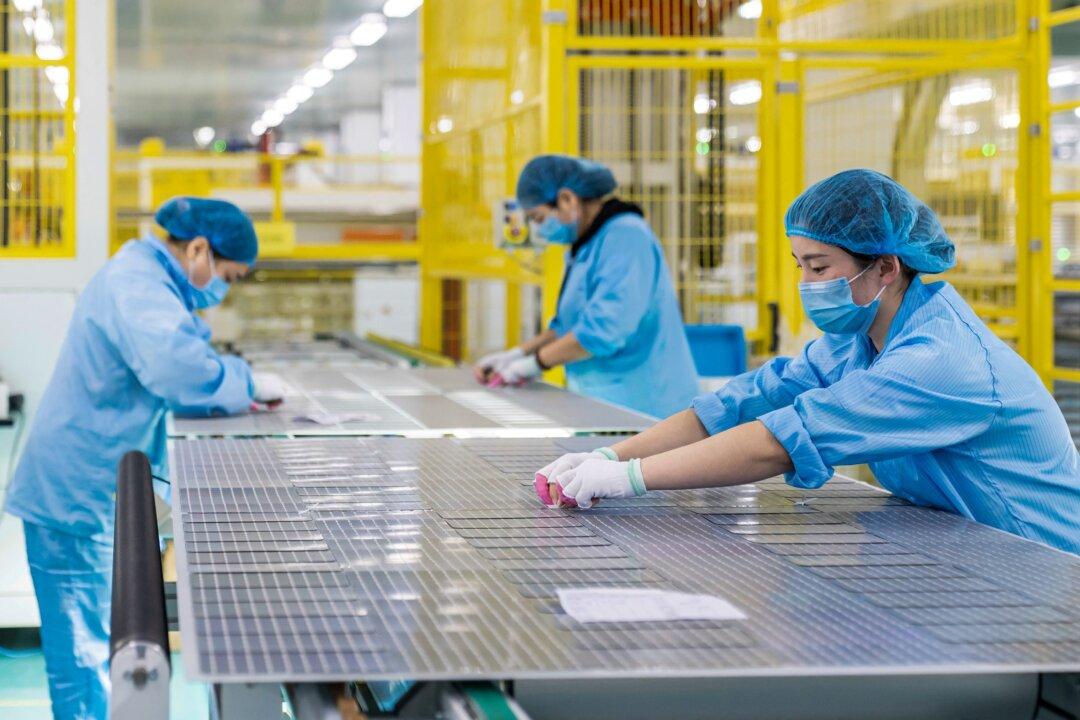Eighteen Republicans on the House Oversight Committee are demanding that the Department of Homeland Security (DHS) conduct an “immediate investigation” into possible federal law violations of using taxpayer money to purchase Chinese-made solar panels.
“We are concerned with federal taxpayer dollars Congress has allocated to FEMA for supplemental disaster relief since 2017 and how they may be used,” the GOP lawmakers wrote in a letter dated Sept. 7 to DHS Inspector General Joseph Cuffari. Particularly, their concern is that the DHS funds could be used to “enrich China, an adversary with a record of human rights abuses and slave labor,” the letter reads.





